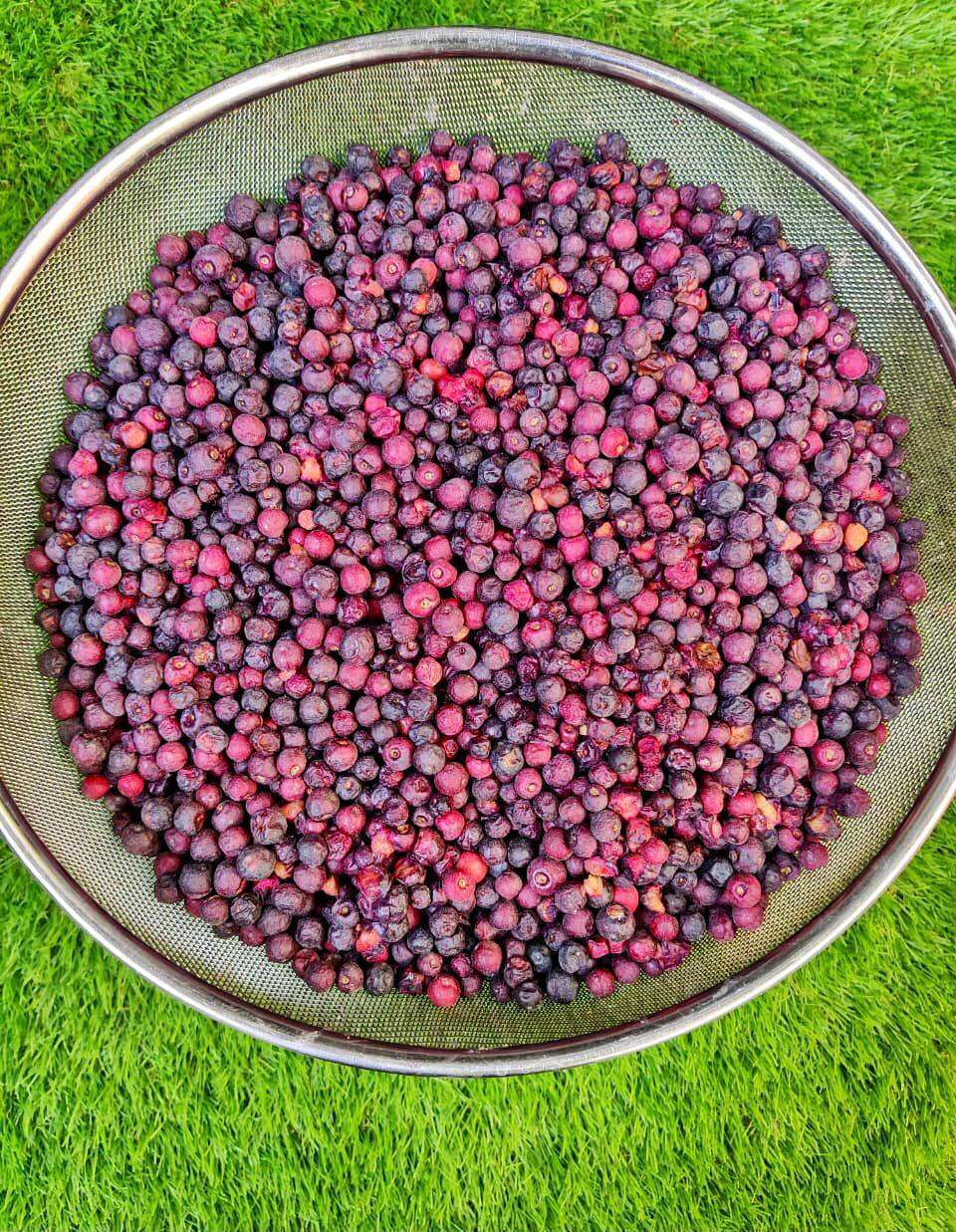Understanding Proteins: The Building Blocks of Life
Proteins are vital macromolecules that play a key role in the structure, function, and regulation of our body’s tissues and organs. Composed of long chains of amino acids—organic compounds made up of carbon, hydrogen, oxygen, nitrogen, and sometimes sulfur—proteins are essential for life. The specific sequence and arrangement of these amino acids determine the unique function of each protein. In this article, we will delve into the various aspects of understanding proteins, including their structure, functions, sources, and their significance in our daily lives.
The Structure of Proteins
Proteins are formed by amino acids linked together through peptide bonds and protein understanding is necessary. There are 20 different amino acids that can combine in countless sequences to create proteins. This unique sequence, known as the primary structure, folds into specific shapes, leading to secondary, tertiary, and quaternary structures. Alpha helices and beta sheets are examples of secondary structures, but a single protein molecule’s total three-dimensional shape is referred to as its tertiary structure. Several protein subunits come together to form a bigger complex in quaternary structure.
The specific shape of a protein is crucial to its function. For instance, enzymes—proteins that catalyze biochemical reactions—have active sites precisely shaped to bind to their substrates. Any change in a protein’s structure can impact its functionality, potentially leading to various diseases and disorders.
Functions of Proteins
Proteins are involved in nearly every biological process, making them indispensable for life. They carry out the following important tasks:
Enzymatic Activity: Proteins called enzymes quicken bodily chemical reactions. They lower the activation energy needed for reactions, allowing metabolic processes to occur efficiently. For instance, food is broken down into smaller molecules that the body can absorb with digestive enzymes.
Structural Support: Cells and tissues depend on proteins for structural support. For example, connective tissues like skin, tendons, and ligaments are structurally supported by collagen. Another structural protein present in hair, nails, and the epidermis is keratin.
Transport and Storage: The movement of molecules throughout the body is carried out by proteins. A protein found in red blood cells called hemoglobin transports carbon dioxide back to the lungs for expiration and oxygen from the lungs to tissues. Iron and other vital elements are stored in other proteins, such as ferritin. as iron.
Immune Response: Antibodies are specialized proteins produced by the immune system to identify and neutralize foreign invaders like bacteria and viruses. They play a vital role in protecting the body from infections and diseases.
Hormonal Regulation: A large number of hormones are proteins that function in the body as chemical messengers. For example, insulin is a protein hormone that regulates blood sugar levels, coordinating various physiological processes, including growth, metabolism, and reproduction.
Movement: Muscle contraction and movement depend on proteins. Actin and myosin are two proteins that interact to enable muscle fibers to contract and relax, facilitating both voluntary and involuntary movements.
Sources of Proteins
We can obtain proteins from a variety of dietary sources, which are generally classified into two categories: Since animal-based proteins provide every necessary amino acid the body needs, they are regarded as complete proteins.. Common sources include:
Meat: High-quality protein is abundant in beef, hog, and fowl.
Fish: Besides providing nutrition, seafood and fish also contain beneficial omega-3 fatty acids.
Dairy Products: Good sources of calcium and protein include milk, cheese, and yogurt.
Eggs: A versatile protein source, eggs are loaded with all the essential amino acids.
Plant-based proteins, while often seen as incomplete, can still provide adequate nutrition when combined properly. Good
Sources include:Beans, lentils, and chickpeas are examples of legumes that are high in fiber and protein.
Nuts and Seeds: Protein and good fats can be found in almonds, walnuts, chia seeds, and flaxseeds.
Whole Grains: Protein and vital elements can be found in quinoa, brown rice, and oats.
Soy Products: Tempeh, edamame, and tofu are all excellent plant-based protein sources.
For those following vegetarian or vegan diets, it’s important to combine different protein sources to ensure all essential amino acids are consumed. For instance, a complete protein profile is produced when rice and beans are combined.
The Importance of Protein in Daily Life
For general health and well-being, proteins are essential. They play a significant role in the growth, repair, and maintenance of body tissues. Adequate protein intake is especially important for certain populations, including:
Athletes: Those engaged in regular physical activity require more protein to support muscle repair and growth. Consuming protein-rich foods post-workout can enhance recovery and performance.
Children and Adolescents: Growing children and teenagers need sufficient protein for proper growth and development, supporting the formation of new tissues and the development of muscles and organs.
Pregnant and Nursing Women: Protein is vital during pregnancy and lactation to support fetal development and milk production. Pregnant women should ensure they consume enough protein to meet their increased nutritional needs.
Older Adults: As people age, maintaining muscle mass becomes increasingly important. Adequate protein intake can help prevent muscle loss and support overall health in older adults.
Conclusion
In summary, proteins are fundamental macromolecules that serve a wide range of functions in the body. From providing structural support to facilitating biochemical reactions, proteins are indispensable for life. Understanding the importance of proteins source and ensuring adequate intake is essential for maintaining optimal health. By incorporating a variety of protein sources into your diet—whether animal-based or plant-based—you can meet your nutritional needs and support your overall well-being. As we continue to learn more about the role of proteins in health and disease, it becomes increasingly clear that these remarkable molecules are truly the building blocks of life.











